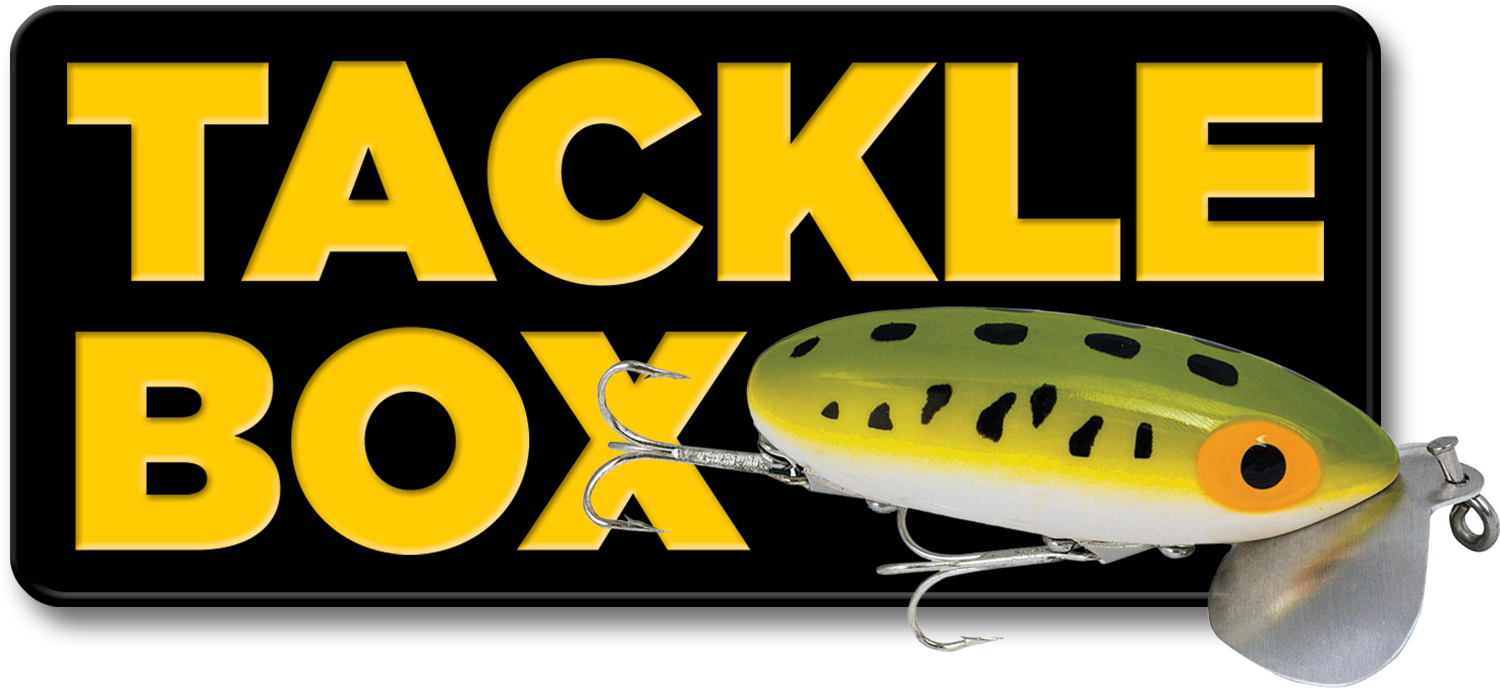

The experience prompted me to shop around for the right insurance more – and better educated — than I had intended to. In doing so, I came across additional advice from a boating advocacy group to which I have long belonged and gleaned excellent hands-on boating information over the years: Boat Owners Association of the United States, or BoatUS.
Here are five important questions that the boaters’ organization advises boaters who use their craft for fishing should ask when shopping for insurance:

- Do you need an “actual cash value” or “agreed value” policy? If you have a claim, actual cash value policies take depreciation into account when reimbursing for a loss. For example, if your 12-year-old pontoon boat is totaled, you will be reimbursed for its current market value. Actual cash value policies are generally the less expensive option. On the other hand, agreed value policies are more expensive, but pay for repairs or replacement up to the value stated on the policy – except for a few specified items – regardless of the age or condition of the boat or equipment.
- Is my fishing gear covered? Any fishing boat insurance policy should automatically include some type of coverage for expensive tackle. If the boat is trailerable and used in fresh water, you may find a policy that includes this coverage without any additional cost.
- What is the fine print on using towing services? Some fishing boat insurance policies include on-the-water towing or roadside assistance service. The problem is that when you need to call upon these non-emergency services – such as an on-the-water gas delivery, a tow back to the launch ramp or roadside tow vehicle jumpstart – it counts against you as an insurance claim. Find an insurance company that offers them but does not require you to file an insurance claim in order to use them. You shouldn’t be penalized when taking advantage of such services.
- Where can I go? Unlike car insurance that is good for every state you drive in, most boat insurance policies have what’s called “cruising areas” limiting where the policy is in force. Trailer your fishing pontoon outside those areas and you’ll need to call your insurer for an “extension” to ensure coverage remains in effect. Find an insurance policy that doesn’t put limits on where you can trailer your boat.
- Am I covered if competing in a fishing tournament? If you fish tournaments, make sure you have the liability coverage required. What if you’ve paid your entry fee but miss the tournament due to a breakdown while trailering? Look for a policy that offers some type of reimbursement for your entry fee if trailering troubles or other covered losses prevent you from competing.
So, in addition to asking your agent about coverage for snowfall damage to your boat’s new winter cover, or racoons taking up residence and ravaging under your seats over the winter months, as a boater who fishes, consider including the questions here – and hope you get the right answers.


Fishing options include a factory-installed MotorGuide X3-55FW FB (50-inch/55#/12V) or MotorGuide Xi3 (70#,54-inch 24V W/6ga Harness) trolling motor, Simrad NSX7 Chart Plotter with Sonar, or a Lowrance Hook Revel 5X Fishfinder. A standard KICKER KMC45 stereo is an added plus.
In addition to the limited lifetime hull and deck warranties, Lowe provides a 3-year limited warranty on components that is also transferable. Not that you’d ever part with this very fishable, comfortable and affordable SF 232
- LENGTH:24’ 3”
- BEAM:8′ 6″
- WEIGHT:2,330 lbs.
- CARRYING CAPACITY:2,276
- FUEL CAPACITY:24 gals
- MAX HP:150